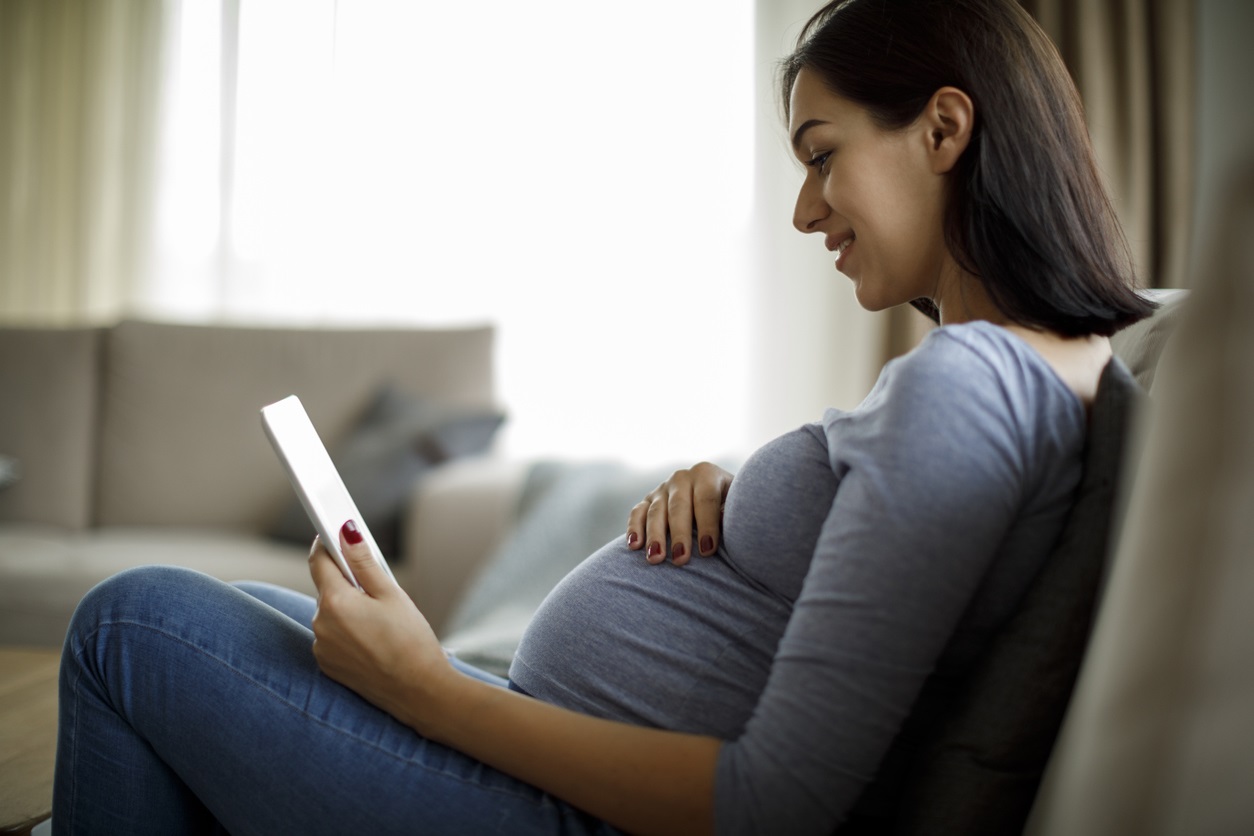Pregnancy can often be filled with a lot of questions. Parents welcoming babies into the world right now face an unusual new set of fears. Health experts are reassuring expectant mothers and answering key concerns about pregnancy amid the COVID-19 pandemic.
“Above everything, we don’t want moms to worry. Our teams are going to take good care of both mom and baby,” says Yuan-Da Fan, M.D., department chair of obstetrics and gynecology at Sutter’s California Pacific Medical Center in San Francisco.
Pregnancy Best Practices
Common sense hygiene—even when there isn’t a novel coronavirus among us—is the best way to avoid getting sick. Dr. Fan says that precautions are the same for pregnant women. He advises expectant mothers to, “wash your hands for a full 20 seconds as often as possible, and routinely clean and disinfect frequently-touched objects and surfaces.”
Katarina Lannér-Cusin, M.D., administrative director of Women’s Services at Sutter’s Alta Bates Summit Medical Center in Berkeley, encourages pregnant women to “limit in–person social interaction and remain at home to avoid potential exposure to COVID-19.”
“If you’re pregnant and you are experiencing potential COVID-19 symptoms, such as a high fever (greater than 100.3), sore throat and dry cough, contact your primary care physician to see if you should have testing done,” says William Isenberg, M.D., OB-GYN and VP, chief quality and safety officer at Sutter Health.
Preparing for Birth
“Staying positive is the best thing for pregnancy,” says CPMC’s Dr. Fan. Anxiety isn’t good for anyone—but especially expectant mothers. Click here for tips on limiting anxiety from a Sutter mental health expert.
Additionally, pregnant women should engage in frequent communication with your OB-GYN as your pregnancy progresses. Talk to your care team about your options for virtual appointments like video visits through My Health Online as well as taking childbirth classes via online platforms such as YouTube, Zoom, and Skype.
The Big Day Arrives: What to Expect at the Hospital
Labor and delivery units across the Sutter Health not-for-profit network of care are putting measures into place aimed at keeping expectant mothers and their newborns safe. Sutter hospitals have also instituted temperature checks for all visitors and staff before entering any of the facilities.
William M. Gilbert, M.D., regional medical director for women’s services, Sutter Health Valley Region in Sacramento, wants to let all patients know that Sutter is following all recommended procedures to keep our mothers and their babies safe even if this may mean some inconveniences for our families. Limiting numbers of visitors is just one example to help prevent COVID-19 infection.
“This is an unprecedented situation and our top priority is to protect the health of mothers and newborns. So, for safety’s sake, laboring mothers are allowed one support person, such as a spouse or partner, to accompany them to the delivery room and remain postpartum. The support person must be healthy and thoroughly wash their hands,” says Alta Bates Summit’s Dr. Lannér-Cusin. “We’re also encouraging new parents to use technology like FaceTime to connect with friends and family after the baby is born.”
For pregnant moms who have tested positive for COVID-19 or who are considered a “person under investigation” when you go into labor, you’ll likely be placed in a negative pressure room, where the ventilation system is sealed off from the rest of the facility, and physicians and staff wear additional personal protective equipment.
Positive New Research
According to Dr. Fan, who has consulted with colleagues in Wuhan, China, by Skype, early research shows that pregnant women may be at no greater risk for contracting COVID-19 than other healthy adults. In smaller recent studies completed since the outbreak began, Dr. Fan says doctors in China found that no infants born to mothers with COVID-19 tested positive for COVID-19 viral infection. Additional cases showed the virus was not passed to newborns from their mothers’ amniotic fluid or breastmilk (Lancet study here).
Postpartum Support
Giving birth during a pandemic isn’t ideal and it’s important to be realistic about what to expect.
“Consider building your virtual village to keep yourself connected,” says Dr. Isenberg.
After your baby is born, talk to your provider about what appointments can be done virtually—for you and your baby. Explore new ways to connect. For example, if you were preparing to go to ‘mommy and me’ classes after your new baby arrives, you may want to investigate virtual meet-ups up via Google Hangouts with other new moms in your area. Remember, staying connected through a screen is better than total isolation, especially if you were planning on having a family member stay with you during your first few weeks post-partum to help care for you and your new baby.
For more information about COVID-19, please visit Sutter Health’s resources page.





